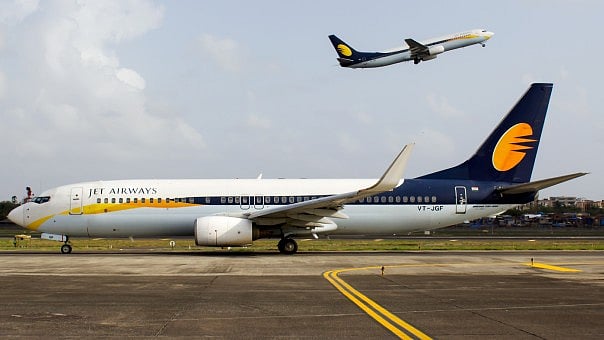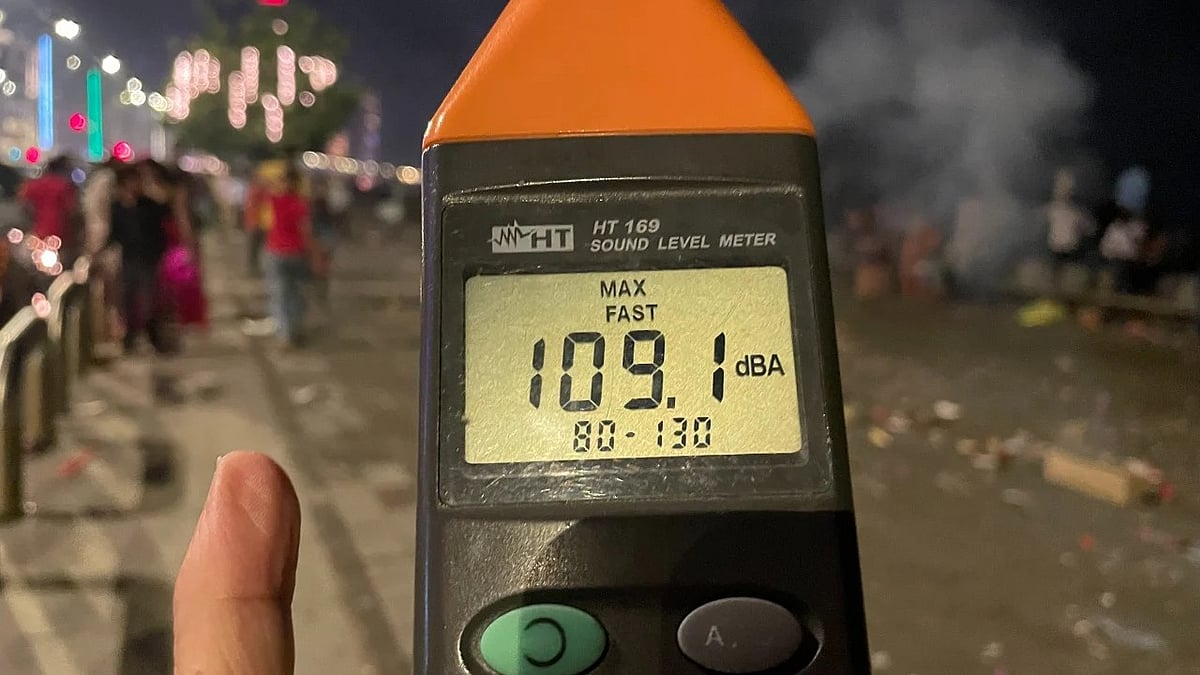Islamabad: Pakistan has extended its airspace ban on Indian flights until 23 November 2025, marking yet another chapter in the ongoing aviation and diplomatic standoff between the two countries. The Pakistan Aviation Authority issued a fresh Notice to Airmen (NOTAM) confirming that the restrictions apply to both civilian and military aircraft operating to and from India.
The continued airspace closure points at the fragile state of India–Pakistan relations, which have remained tense since the April 2025 terror attack in Pahalgam that claimed 26 lives. The measure has disrupted key international flight routes and increased costs for airlines operating between India, the Middle East, Europe, and the United States.
Aviation Restrictions and Operational Impact
The NOTAM, a standard communication used globally to inform airlines of critical flight-related changes, signals that Pakistan’s airspace will remain closed for Indian traffic for at least another month. Since its initial enforcement on April 23, the closure has been renewed multiple times, with Pakistan rejecting India’s allegations of involvement in the Pahalgam attack.
For Indian carriers, the ban has forced rerouting of long-haul flights, significantly increasing travel times and operational expenses. Airlines are reportedly incurring substantial fuel and time losses as aircraft avoid Pakistani territory, using longer paths over the Arabian Sea or Central Asia. Industry observers note that the restrictions have strained regional connectivity and heightened uncertainty for passengers.
Reciprocal Measures
The airspace restrictions reflect a broader deterioration in India–Pakistan relations following the Pahalgam incident. In its aftermath, India suspended the 65-year-old Indus Waters Treaty, halted visa issuance for Pakistani citizens, shut down the Wagah–Attari border crossing, and reduced diplomatic presence at both missions.
The situation further worsened in May when missile strikes targeted locations in Punjab and Azad Jammu and Kashmir, resulting in casualties and destruction of militant infrastructure. India, meanwhile, has maintained its own ban on Pakistani aircraft, civilian and military, until October 24, with both nations continuing reciprocal airspace closures since April.
Aviation experts warn that if tensions persist, the prolonged restrictions could lead to a long-term decline in commercial aviation routes, inflate operational costs, and deepen the diplomatic deadlock between India and Pakistan.









